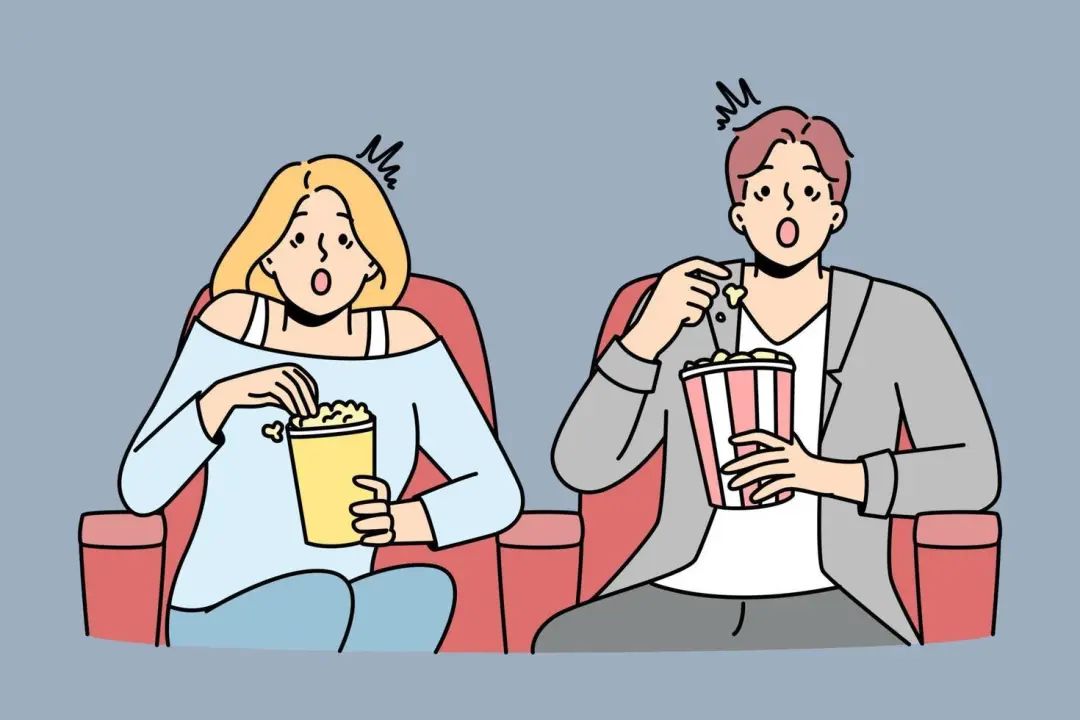Title: Navigating Emotional Wounds: How INTJs Cope with Hurt from Those They Care About
Introduction
The Myers-Briggs Type Indicator (MBTI) categorizes individuals into 16 distinct personality types, each with unique traits and behaviors. INTJs, known as the Architects, are characterized by their strategic thinking, independence, and a strong desire for efficiency. They are often perceived as reserved, rational, and sometimes aloof. However, even INTJs, with their formidable emotional barriers and logical frameworks, are not immune to the pain inflicted by those they hold dear. This article delves into the psychological mechanisms INTJs employ to cope with emotional hurt from significant others.
Understanding INTJ Vulnerability
INTJs are often described as self-sufficient and emotionally detached, which can lead to misconceptions about their emotional resilience. In reality, INTJs are deeply introspective and value authenticity in their relationships. When hurt by someone they care about, INTJs may experience a profound sense of betrayal, as their trust is not easily given but deeply valued once established.
The Cognitive Framework of INTJs
INTJs rely heavily on their introverted intuition (Ni) and thinking (T) functions to make sense of the world. When faced with emotional pain, they may initially retreat into their cognitive processes to analyze the situation. This analytical approach allows them to dissect the hurt, identify its sources, and determine its impact on their worldview and relationships.
Emotional Regulation Strategies
1. **Isolation and Reflection**: INTJs may isolate themselves to process their emotions in a controlled environment. This solitude provides them with the space to reflect on the hurt and its implications without external interference.
2. **Logical Analysis**: By applying their thinking function, INTJs can rationalize the hurt, separating it from their self-worth. This cognitive distancing helps them to view the situation objectively and avoid emotional spirals.
3. **Goal-Oriented Coping**: INTJs are future-oriented and may channel their emotional energy into productive tasks or long-term goals. This redirection of focus can mitigate the immediate pain and provide a sense of control and progress.
4. **Reevaluation of Relationships**: Hurt from a significant person may lead INTJs to reevaluate the dynamics of their relationships. They may use this experience to set clearer boundaries and expectations for future interactions.
The Role of Communication
Despite their preference for solitude, INTJs understand the importance of communication in resolving conflicts. When they are ready, they may engage in a logical and direct dialogue to express their feelings and seek resolution. This communication is typically well-thought-out and aims to address the root cause of the hurt.
Healing and Growth
Healing for an INTJ involves not only the resolution of the immediate emotional pain but also the integration of the experience into their broader understanding of human behavior and relationships. They may emerge from the hurt with a more nuanced perspective on trust, loyalty, and the complexities of emotional connections.
Conclusion
INTJs, with their strategic minds and independent spirits, are equipped to handle emotional hurt with a blend of introspection, logical analysis, and goal-oriented coping. While they may not express their pain in conventional ways, their approach to healing is deeply thoughtful and purposeful. By understanding their unique psychological responses to hurt, INTJs can navigate emotional wounds with the same level of precision and efficiency they apply to other aspects of their lives.

微信公众账号
微信扫一扫加关注
评论 返回
顶部





发表评论 取消回复